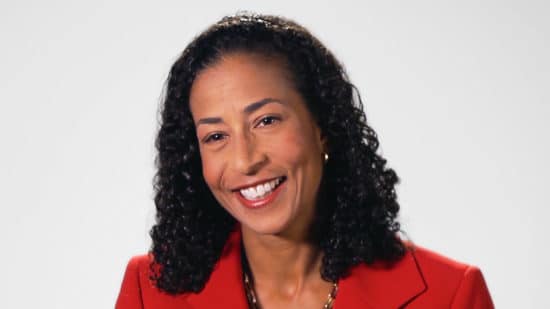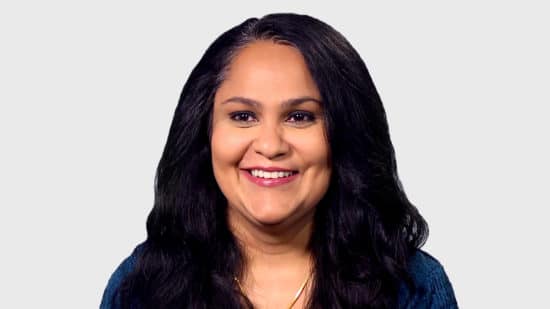Anesthesiologist
What you need to know
Anesthesiologists are physicians who specialize in the care of surgical patients and pain relief. They administer drugs (anesthetics) that reduce or eliminate the sensation of pain during an operation or another medical procedure.
Anesthesiologists usually work in sterile environments while performing surgery and may stand for long periods. Many work long, irregular, and overnight hours.
A typical day for an anesthesiologist might include these duties:
- Administer drugs (anesthetics) that reduce or eliminate the sensation of pain during an operation or another medical procedure
- During surgery, they adjust the amount of anesthetic as needed, and monitor the patient’s heart rate, body temperature, blood pressure, and breathing
- Outside of the operating room, they provide pain relief for patients in the intensive care unit, for women in labor and delivery of babies, and for patients who suffer from chronic pain
- Work with other physicians and surgeons to decide on treatments and procedures before, during, and after surgery
Watch this video to learn more from our anesthesiologist role model:
- Communication skills: Anesthesiologists need to be excellent communicators. They must communicate effectively with their patients and other healthcare support staff.
- Compassion: Patients who are sick or injured may be in extreme pain or distress. Anesthesiologists must treat patients and their families with compassion and understanding.
- Detail oriented: Patients must receive appropriate treatment and medications. Anesthesiologists must accurately monitor and record various pieces of information related to patient care.
- Dexterity: Anesthesiologists may work with very precise and sometimes sharp tools, and mistakes can have serious consequences.
- Leadership skills: Anesthesiologists who work in their own practice must manage a staff of other professionals.
- Organizational skills: Good recordkeeping and other organizational skills are critical in both medical and business settings.
- Patience. Anesthesiologists may work for long periods with patients who need special attention: Persons who fear medical treatment may require more patience.
- Physical stamina: Anesthesiologists should be comfortable lifting or turning disabled patients, or performing other physical tasks.
- Problem-solving skills: Anesthesiologists need to evaluate patients’ symptoms and administer the appropriate treatments. They need to do this quickly if a patient’s life is threatened.
Watch this video to learn more from our anesthesiologist role model:
The average pay for anesthesiologists in the United States was $339,470 in May 2023 according to the U.S. Bureau of Labor Statistics.
An anesthesiologist’s pay depends on factors such as level of experience, education and training, geographic location, and specific industry.
Employment of anesthesiologists is projected to grow 3 percent from 2022 to 2032 in the United States according to the U.S. Bureau of Labor Statistics. This is about as fast as the average growth rate for all occupations.
In 2021 there were about 40,000 anesthesiologists in the United States.
Prospects should be especially good for anesthesiologists who are willing to practice in rural and low-income areas because these areas tend to have difficulty attracting physicians.
You will need the following schooling before becoming an anesthesiologist:
- Bachelor’s degree
- A degree from a medical school, which takes 4 years to complete
- 3 to 7 years in internship and residency programs
Medical schools are highly competitive. Most applicants must submit transcripts, scores from the Medical College Admission Test (MCAT), and letters of recommendation. Schools also consider an applicant’s personality, leadership qualities, and participation in extracurricular activities. Most schools require applicants to interview with members of the admissions committee.
You will spend most of the first 2 years of medical school in laboratories and classrooms, taking courses such as anatomy, biochemistry, pharmacology, psychology, medical ethics, and in the laws governing medicine. You will also gain practical skills; learn to take medical histories, examine patients, and diagnose illnesses.
During your last 2 years, you will work with patients under the supervision of experienced physicians in hospitals and clinics. Through rotations in internal medicine, family practice, obstetrics and gynecology, pediatrics, psychiatry, and surgery, you will gain experience in diagnosing and treating illnesses in a variety of areas.
Discover some of the courses you will take pursuing a popular pre-med degree such as Biology, Chemistry, or Sociology.
Watch this video to learn more from our anesthesiologist role model:
















